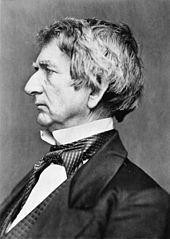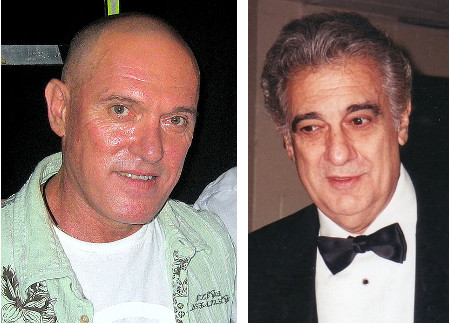For his 1933 novel A Fugitive Crosses His Tracks, Dano-Norwegian author Aksel Sandemose devised the Law of Jante, a list of 10 rules that summarize common attitudes in Nordic countries:
- You’re not to think you are anything special.
- You’re not to think you are as good as we are.
- You’re not to think you are smarter than we are.
- You’re not to imagine yourself better than we are.
- You’re not to think you know more than we do.
- You’re not to think you are more important than we are.
- You’re not to think you are good at anything.
- You’re not to laugh at us.
- You’re not to think anyone cares about you.
- You’re not to think you can teach us anything.
Sandemose intended this as satire, but it’s entered colloquial speech (Janteloven) to describe a general disapproval of individualism and unseemly ambition in Denmark and Norway. An 11th rule, “the penal code of Jante,” says, “Perhaps you don’t think we know a few things about you?”






